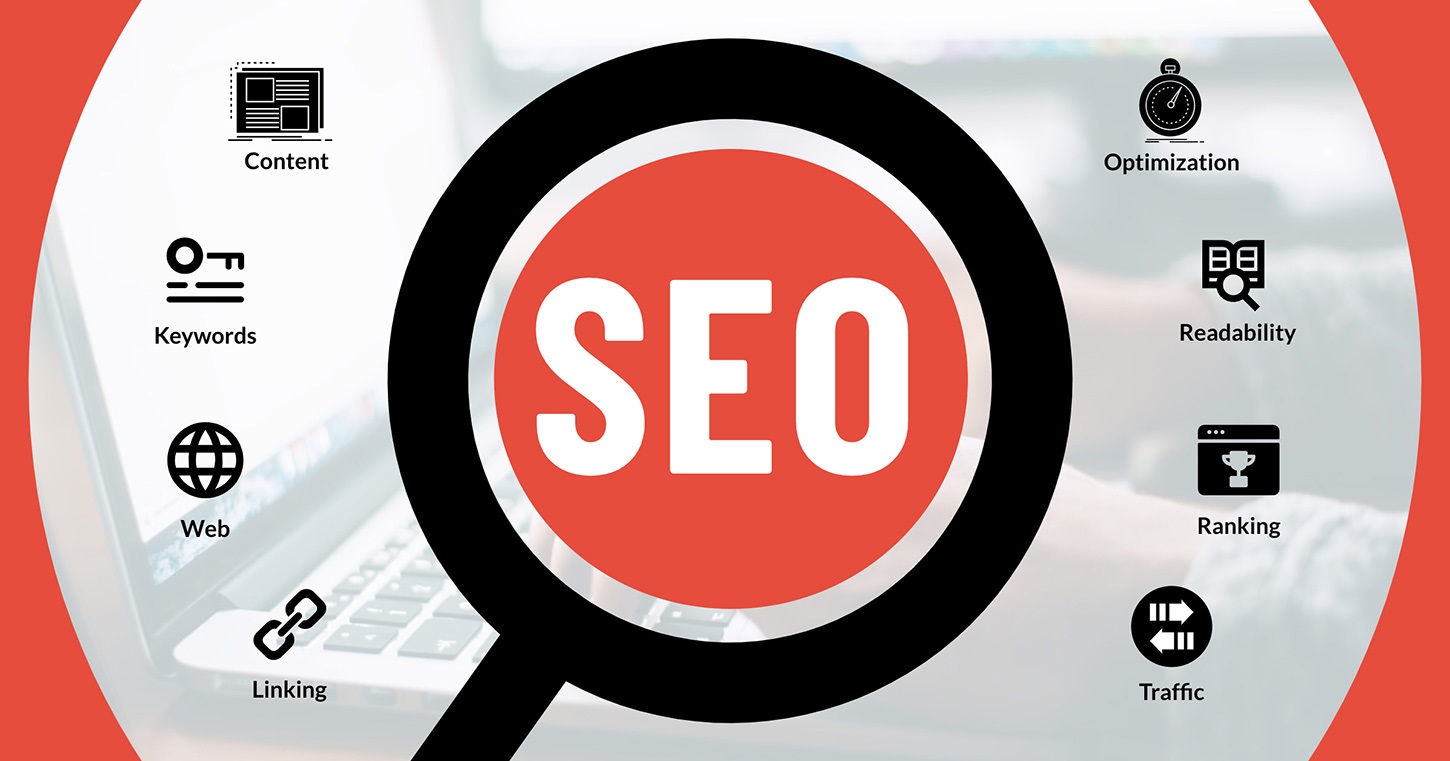
Content Management Systems (CMS) can be a game-changer for businesses and individuals wanting to build their online identity. CMS provides a simple system for organizing, creating and publishing digital content that doesn’t require much technical knowledge. However, do you understand what CMS (cms คือ, which is the term in Thai) can be at its best capacity? It’s more than only a tool to aid in creating content, and it’s your partner in optimizing search engine Optimization (SEO).
Here are some tips about how to make the most of your CMS to boost your SEO.
· Make sure you use SEO-friendly URL structures
A key aspect of SEO is the creation of friendly URLs, which engines can be able to comprehend. The majority of CMS platforms permit you to modify the URL structure. A well-designed URL structure is clear, simple to read and contains your desired keywords.
Example: Instead of www.example.com/blog/post12345, use www.example.com/blog/how-to-maximize-seo.
· Make sure you optimize your Meta Tags
Meta tags play a vital part in how search engines comprehend the content of your website. The CMS will let you customize your title tag, meta description and header tags (H1 and H2 etc.) for every page. It is important to ensure that the titles are informative with your primary keywords and stay within 60 characters. Meta descriptions must also contain keywords and provide brief descriptions of information on the page.
· Leverage CMS SEO Plugins and Extensions
Many CMS platforms provide SEO extensions or plugins which can assist you with optimizing your website. These programs can aid in various aspects of SEO such as creating XML sitemaps, analyzing broken links, and optimizing images.
· Make use of Internal Linking
Internal links assist search engines in understanding the hierarchy and structure of your site. They can also help keep visitors engaged by providing them with relevant information. Be sure to incorporate hyperlinks to other pages of your site in natural text.
· Optimize Your Images
Image optimization is often omitted yet can greatly impact the SEO of your site. Utilize the features of your CMS to add alt-text to your images, reduce image size, and add keywords into file names for images.
· Ensure Mobile Responsiveness
Google uses a mobile-first indexing method. That means that it considers the mobile-friendly version of your website before the desktop version in ranking your site. Thus the CMS will let you create responsive designs that look great and function well across all devices.
· Regularly Update Your Content
Search engines like current, fresh material. Utilize your CMS to keep your site updated regularly with new blog entries, landing pages, and other types of content to stay current.
· Take Advantage of CMS Analytics
Most CMS platforms have integrated analytics or permit integration with tools such as Google Analytics. Utilize these tools to determine what works well with your website and pinpoint areas of improvement.
To summarize, CMS is a CMS beyond a simple content-creation tool. It’s an all-encompassing system that, if used appropriately, can significantly boost your SEO initiatives. When you adhere to these top practices, You’ll soon be well on the way to maximizing SEO using your CMS.



